As water crises intensify across the globe, India too faces mounting challenges with erratic rainfall, depleting groundwater, and increasing pressure on rural communities. These challenges are not just environmental—they are deeply social, economic, and gendered. Women in particular bear the brunt, often walking miles each day in search of water, sacrificing time, income, and well-being.
In response, Anandana – The Coca-Cola India Foundation – in collaboration with local NGO Haritika, launched an integrated water conservation initiative in the drought-prone Bijawar block in Chattarpur disctrict of Madhya Pradesh. Through the construction of ponds, stop dams, and irrigation infrastructure, the project aims to restore water security and empower communities.
Introducing us to residents Devi, Kalawati, and Bhagrani, this article explores how access to water has transformed lives in Bijawar by ushering in agricultural revival, financial stability, and greater dignity. Their stories reflect the power of targeted, sustainable interventions in addressing water scarcity and fostering long-term socio-economic progress in rural India.
“Now We Don't Walk Miles for Water”: How The Coca-Cola India Foundation is Empowering Women in Madhya Pradesh
Amidst the undulating landscape of Madhya Pradesh lies the district of Chhatarpur, where the ebb and flow of life has long been dictated by the availability of water. In recent years, however, erratic rainfall patterns and over-exploitation of groundwater have plunged the region into a state of distress, threatening both livelihoods and environmental sustainability. The situation was particularly dire in Bijawar block, where water scarcity had become a grim reality, exacerbating socio-economic challenges and leaving communities vulnerable to hardship.
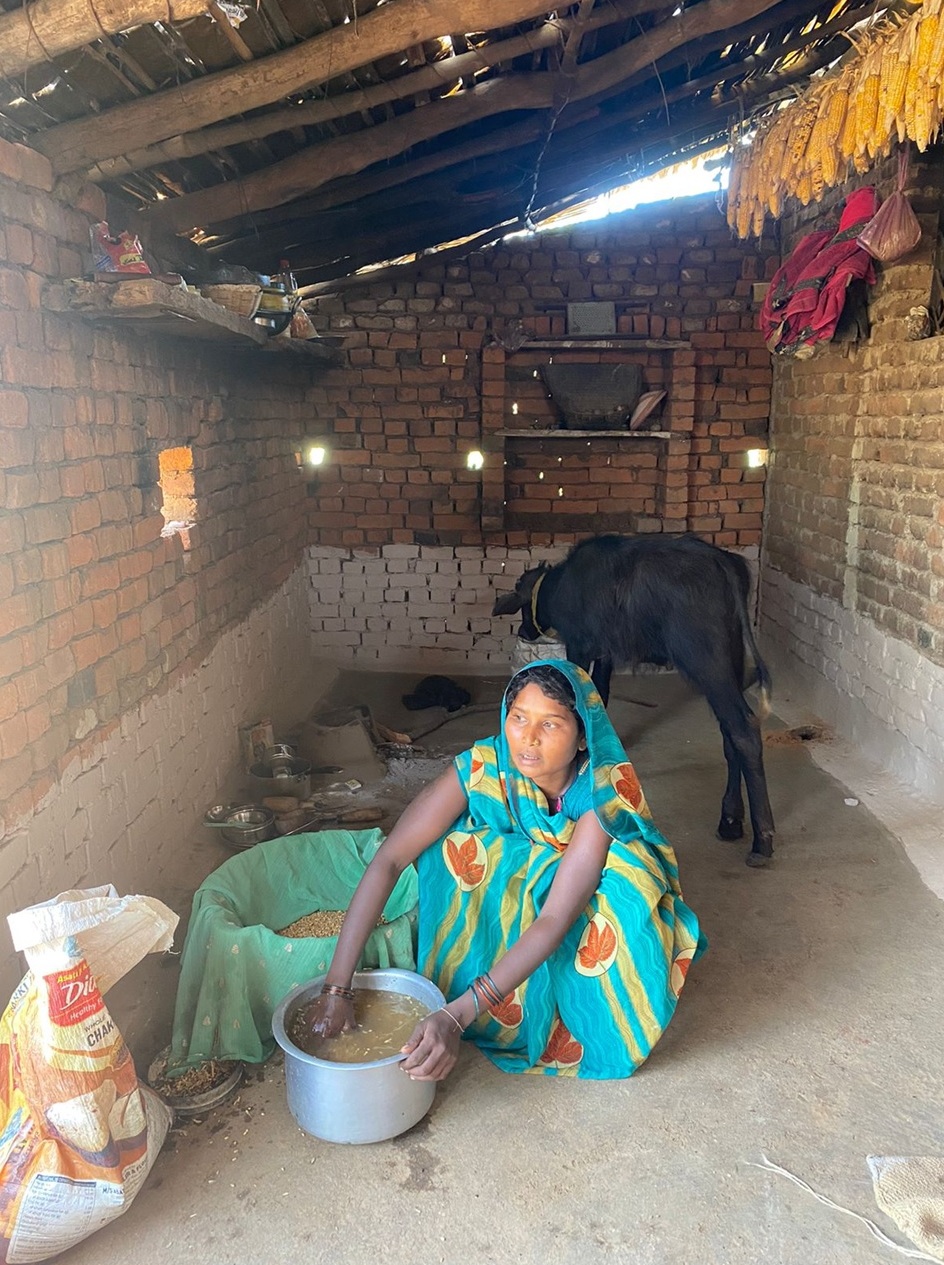 For women like Devi, Kalawati, and Bhagrani, life in Bijawar block was defined by long and arduous journeys in search of water. With each trip to fetch water from distant sources, they grappled with the harsh realities of water scarcity, toiling under the weight of pots filled with precious resources. Their stories resonate with those of countless women in the region, whose lives were intertwined with the struggle for access to clean water and basic amenities, a bare necessity for survival.
For women like Devi, Kalawati, and Bhagrani, life in Bijawar block was defined by long and arduous journeys in search of water. With each trip to fetch water from distant sources, they grappled with the harsh realities of water scarcity, toiling under the weight of pots filled with precious resources. Their stories resonate with those of countless women in the region, whose lives were intertwined with the struggle for access to clean water and basic amenities, a bare necessity for survival.
Kalawati, a 22-year-old from Ganeshganj, remembers, "It was very challenging. We used to carry water in pots on our heads from a distance." Devi, a 60-year-old resident of Patna, echoes this sentiment, recalling the days when they had to trek to the canal for water, describing it as "very troublesome."
The inaccessibility to water not only hindered daily life but also impeded economic progress. With farming being a backbone of rural livelihoods, the absence of water meant stagnation in agricultural productivity and limited income opportunities. Bhagrani, a 65-year-old farmer from Jharkuwa, shares, "Earlier, there was less crop yield in farming, which meant reduced income for us.”
In response to this pressing need, Anandana, The Coca-Cola India Foundation and Haritika, a non-profit organization based in Madhya Pradesh, came together to implementan integrated water conservation project aimed to rejuvenate villages in Bijawar block by constructing stop dams, ponds, and efficient irrigation facilities.
Followed by the implementation was the hopeful cycle of impact. With enhanced water storage capacity and improved access to water resources, communities have witnessed a resurgence in agricultural productivity and economic opportunities. Women like Kalawati, who once spent hours fetching water, now find themselves with more time for household chores and personal pursuits. "Having water nearby has made life much easier," she affirms.
Similarly, for Bhagrani from Jharkuwa village, the construction of a pond in her village brought about a significant change in her life. With improved water availability for farming, Bhagrani saw a remarkable increase in income, enabling her to cover the annual expenses of farming without having to resort to labor work or travel long distances to fetch water. “Since the construction of the pond in the village, the yield in farming has increased,” reflects Bhagrani. The newfound financial self-sufficiency also allowed her to prioritize her family's well-being and invest in her daughter's education, thereby breaking the cycle of intergenerational poverty.
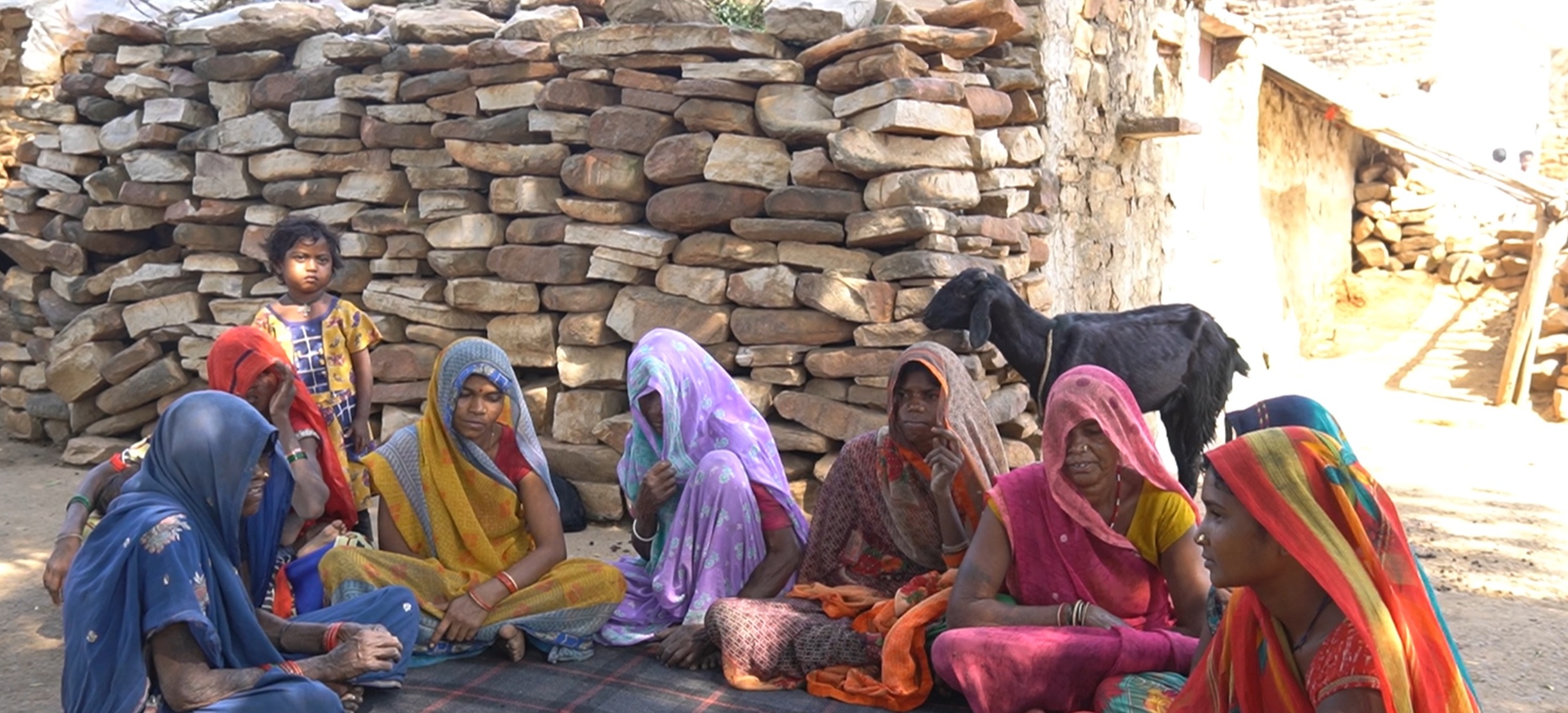 Through an optimistic focus group discussion with women in the block, it also became evident that the construction of ponds and stop dams has contributed to better socio-economic conditions in the region.
Through an optimistic focus group discussion with women in the block, it also became evident that the construction of ponds and stop dams has contributed to better socio-economic conditions in the region.
This initiative stands as a powerful testament to Coca-Cola India's commitment to promoting water stewardship, enhancing water use efficiency, and treating and returning safe water to communities. It focuses on empowering women to build a brighter future for themselves and their families through sustainable development initiatives related to water and agriculture.
Thus, as the Bijawar block marches towards a more sustainable future, a palpable sense of hope fills the air. Due to such interventions,women like Devi, Kalawati, and Bhagrani are no longer constrained by the burdens of water scarcity; they now stand as resilient agents of change, enabling socio-economic progress within their communities.




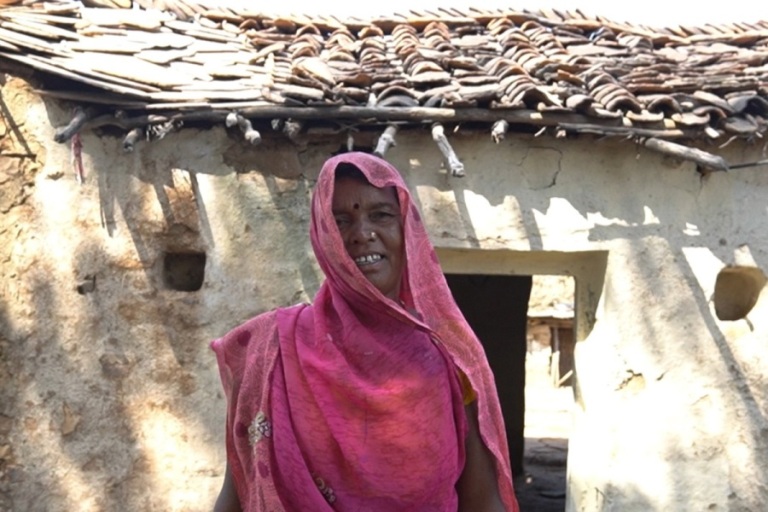
 For women like Devi, Kalawati, and Bhagrani, life in Bijawar block was defined by long and arduous journeys in search of water. With each trip to fetch water from distant sources, they grappled with the harsh realities of water scarcity, toiling under the weight of pots filled with precious resources. Their stories resonate with those of countless women in the region, whose lives were intertwined with the struggle for access to clean water and basic amenities, a bare necessity for survival.
For women like Devi, Kalawati, and Bhagrani, life in Bijawar block was defined by long and arduous journeys in search of water. With each trip to fetch water from distant sources, they grappled with the harsh realities of water scarcity, toiling under the weight of pots filled with precious resources. Their stories resonate with those of countless women in the region, whose lives were intertwined with the struggle for access to clean water and basic amenities, a bare necessity for survival. Through an optimistic focus group discussion with women in the block, it also became evident that the construction of ponds and stop dams has contributed to better socio-economic conditions in the region.
Through an optimistic focus group discussion with women in the block, it also became evident that the construction of ponds and stop dams has contributed to better socio-economic conditions in the region.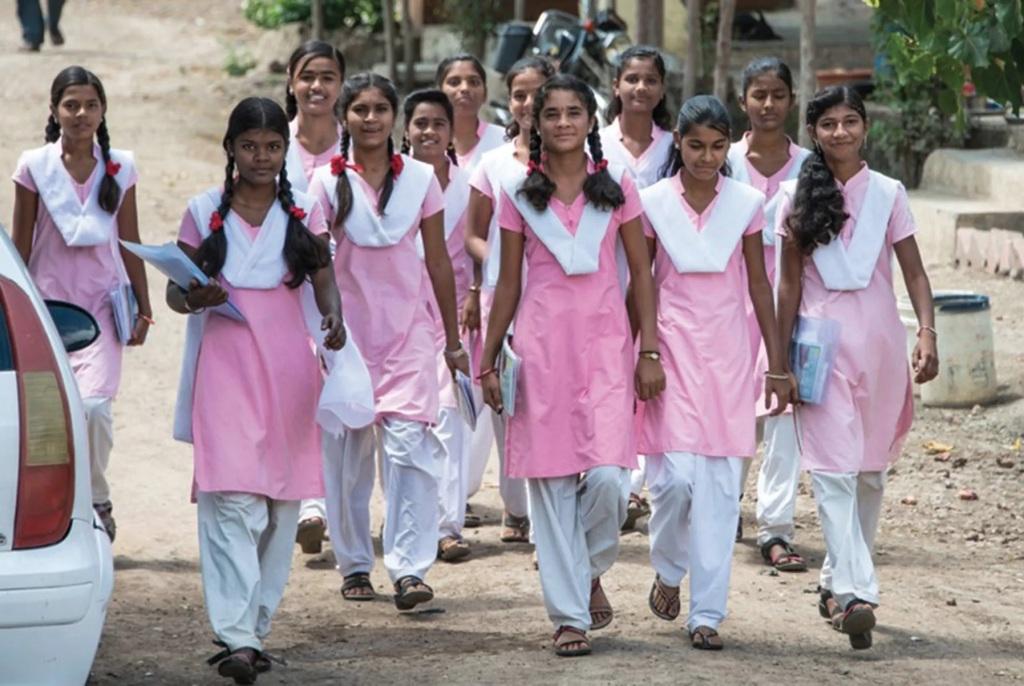


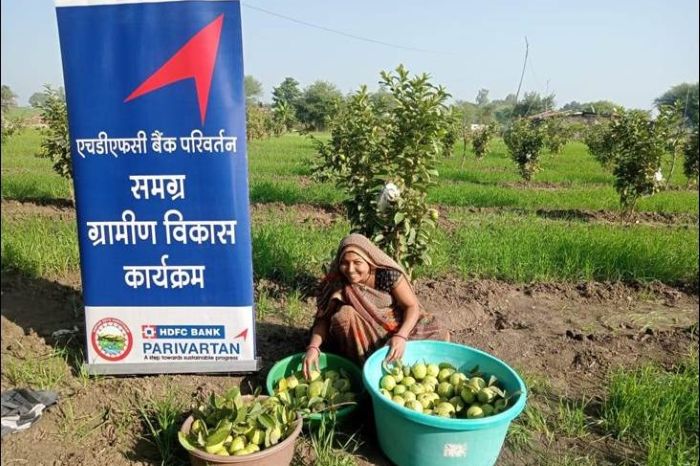
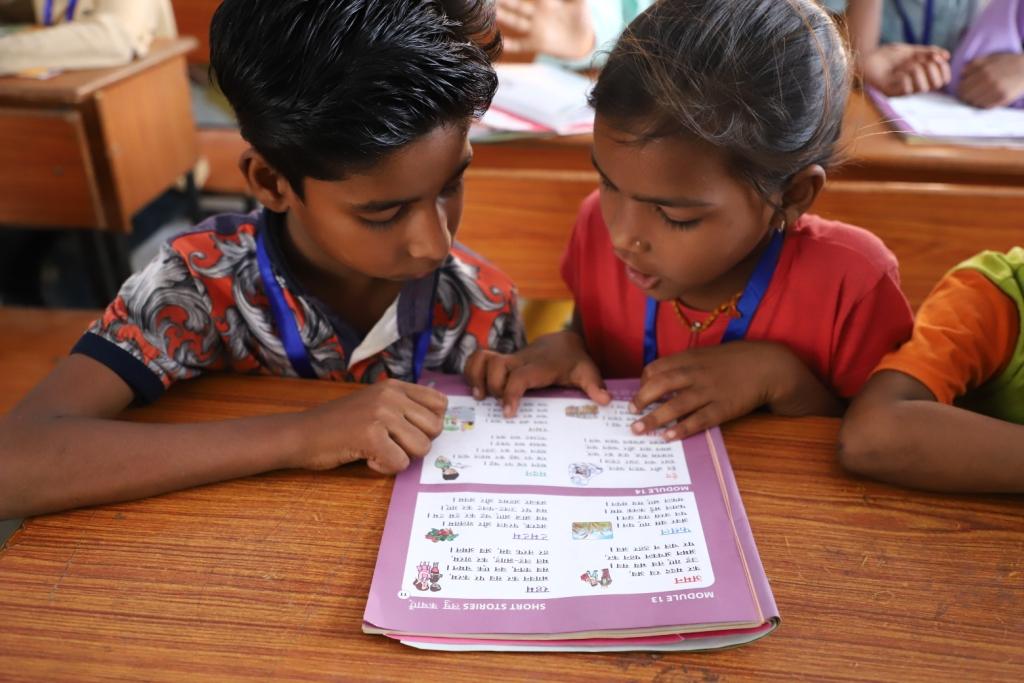
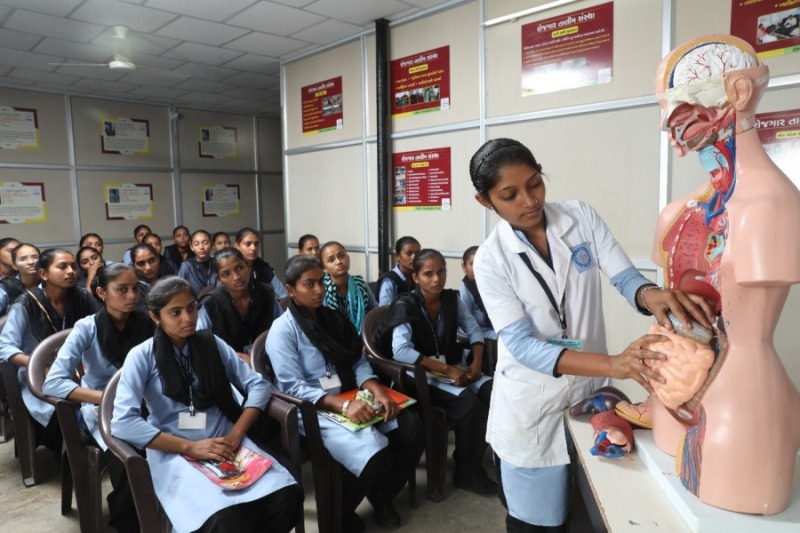

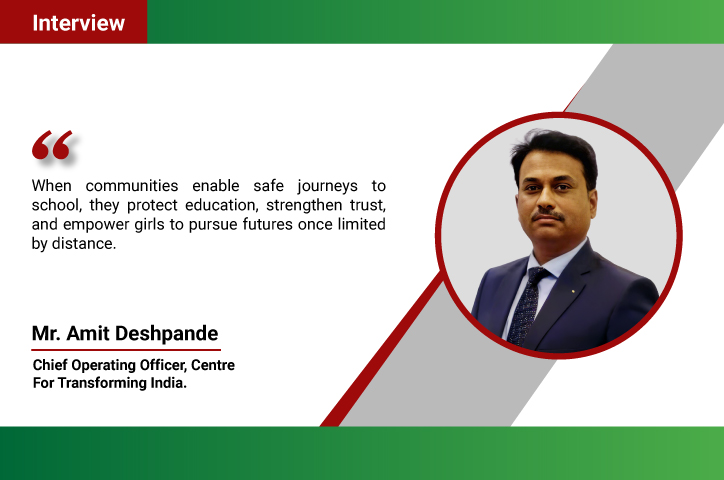
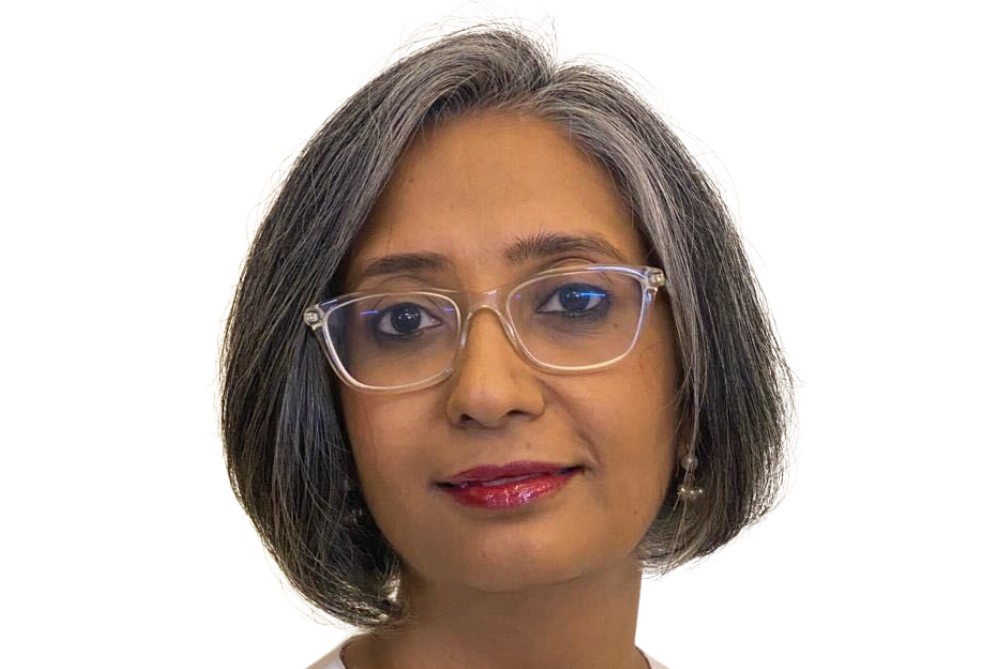





.jpg)



